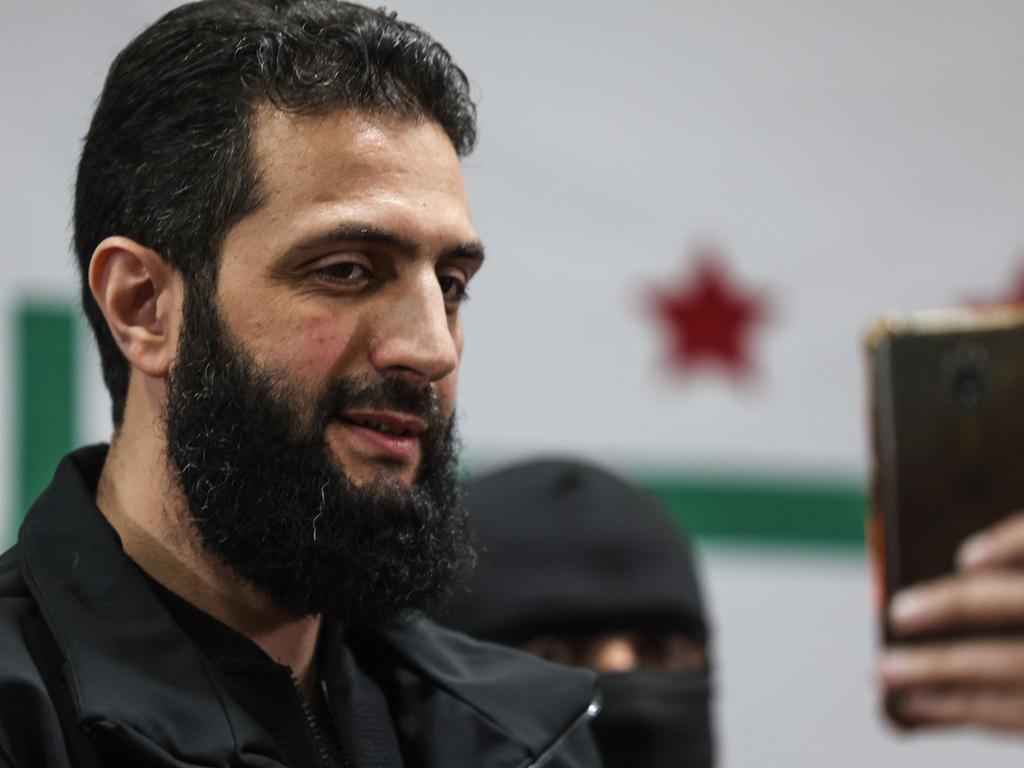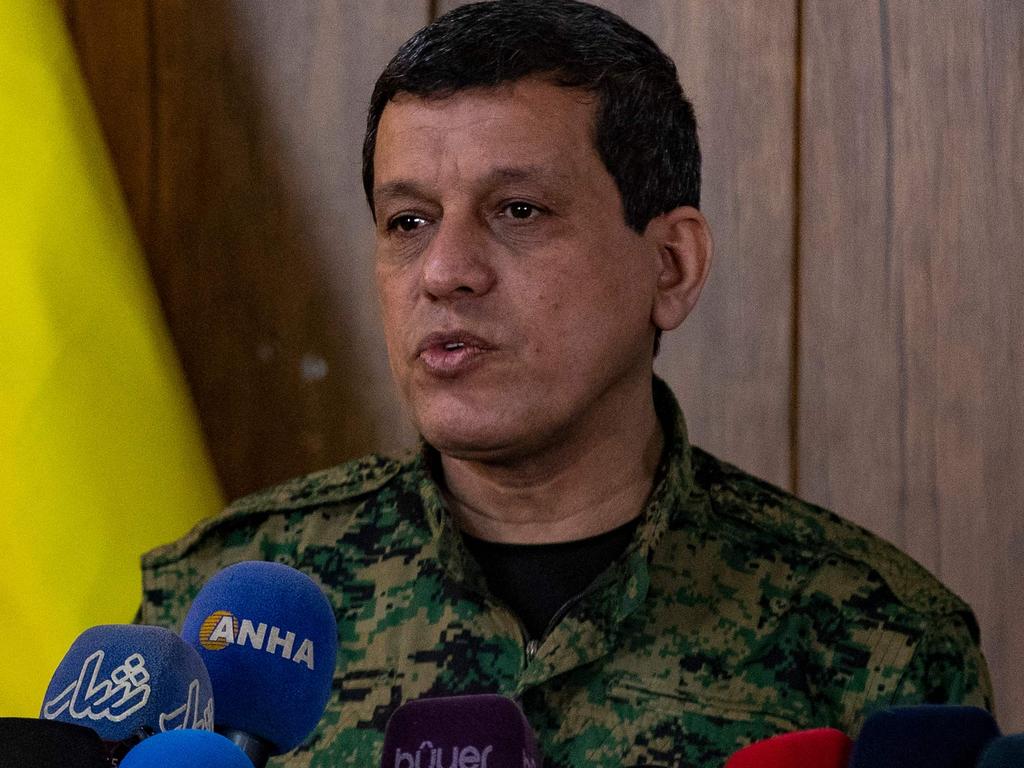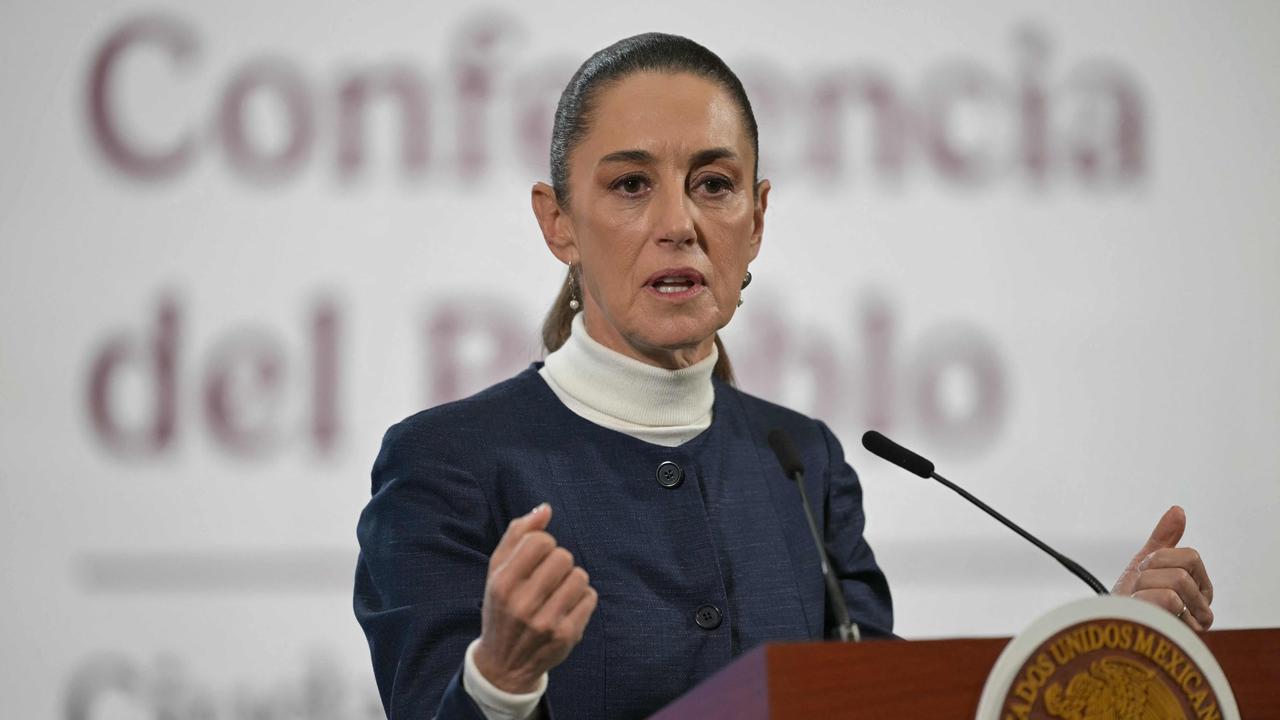Syria’s Islamist rulers name Maysaa Sabrine first woman to head central bank
In a surprise move by the new rulers Maysaa Sabrine, who served as first deputy governor at the central bank under the fallen Assad regime, will become the first woman to run the institution.
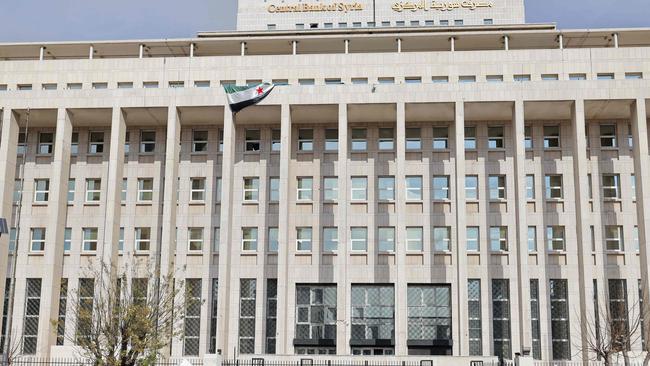
Syria’s new rulers have elevated a woman to run the country’s central bank, as the US and other Western governments watch how the Islamist rebels who toppled the Assad regime treat women as well as Syria’s many religious and ethnic minorities.
Government spokesmen confirmed Monday that Maysaa Sabrine, who served as first deputy governor at the central bank under the fallen regime, will take the top job at the institution. She will be the first woman to run the bank and one of the few women named to a senior role by the former rebels now in control in Damascus.
The central bank’s new leader has an enormous challenge ahead in stabilising the currency and foreign exchange reserves while setting policies to enable growth. Inflation has forced Syrians to carry wads of cash to pay for basic necessities, and nearly one-third of Syrians are estimated to suffer from extreme poverty.
“Decisions like these are being closely watched by Syrians both inside the country and in the diaspora, as they serve as indicators of the caretaker authority’s priorities and direction,” said Diana Rayes, a nonresident fellow for the Syria Project at the Atlantic Council, a Washington think tank.
Ms Sabrine’s appointment is a positive step toward more inclusive governance and shows the authorities are giving priority to macroeconomic stabilisation and recovery, Rayes said.
Hayat Tahrir al-Sham, which led the assault that brought down half a century of Assad rule, began as an offshoot of al Qaeda, leading Western governments and the United Nations to designate it as a terrorist group, though it later cut those ties. It has repeatedly said it would treat all Syrians equally. But sceptics are wary that it could renege on those promises once securing international approval.
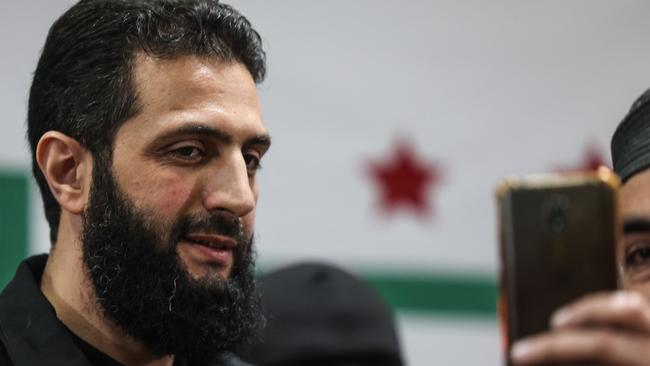
Another top appointee sparked controversy last week with comments that critics said were disparaging of women’s rights, prompting calls for her dismissal.
Aisha al-Debs, head of women’s affairs in Syria’s caretaker government, told Turkish broadcaster TRT that she blamed some organisations focused on women’s empowerment for increasing Syria’s divorce rate. “I will not give room to those who disagree with my way of thinking,” she said.
The country’s interim foreign minister later said the new authorities support an active role for women in Syrian society and trust their capabilities and skills.
“The Syrian woman has struggled for many years for a free homeland that preserves her dignity and status,” Asaad Al-Shaibani wrote on X. “We will work to stand by women’s causes and fully support their rights.”
HTS previously ran a small enclave of northwest Syria where women had little visible role in public life and where nearly all women wore a headscarf.
Now the rebels have taken over a much broader swath of the country, including the capital, where women have a more prominent role in the public sphere.
In Damascus, which is more liberal and diverse than many other cities in Syria, women in a single cafe might wear skin-tight pants and heels with makeup and uncovered hair, while others cover from head to toe with a black niqab with only a slit exposing their eyes. Many people interact openly with the opposite sex, and couples take romantic strolls in artsy parts of Damascus’s old city.
While much of the senior leadership under Syria’s transitional government is held by men, the ministry offices are staffed to a limited degree by women, some of whom were employed by the Assad government and are now working directly with HTS officials amid the transition. Some of those women dress liberally and don’t cover their hair.
Officials in Washington, which is weighing whether to lift restrictive sanctions on Syria and HTS, say they want to see an inclusive government take shape.
“We fully support a Syrian-led and Syrian-owned political process that results in an inclusive and representative government, which respects the rights of all Syrians, including women and Syria’s diverse ethnic and religious communities,” Assistant Secretary of State for Near Eastern Affairs Barbara Leaf told reporters earlier this month after meeting with HTS leaders in Damascus.
Removing sanctions will be critical to rebuilding Syria’s economy, which is in shambles following more than a decade of civil war.
HTS says it wants to build a free-market economy, revitalise the oil industry and forge international partnerships. But none of that will be easy with the country still fractured, foreign powers vying for influence and the West wary of re-engaging.
AFP

